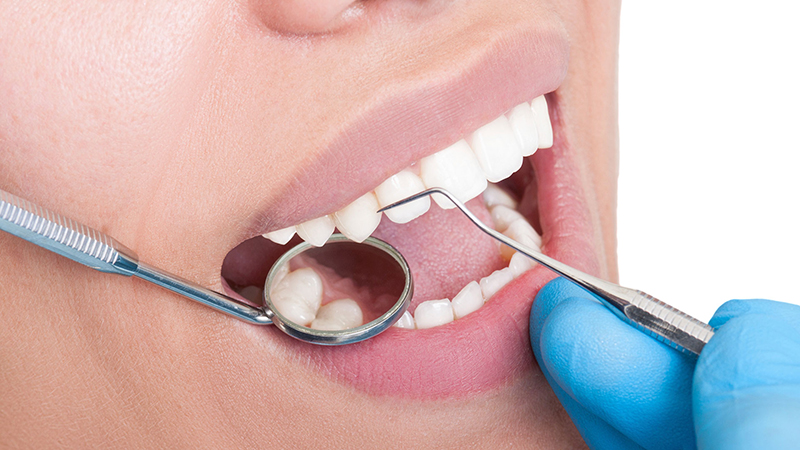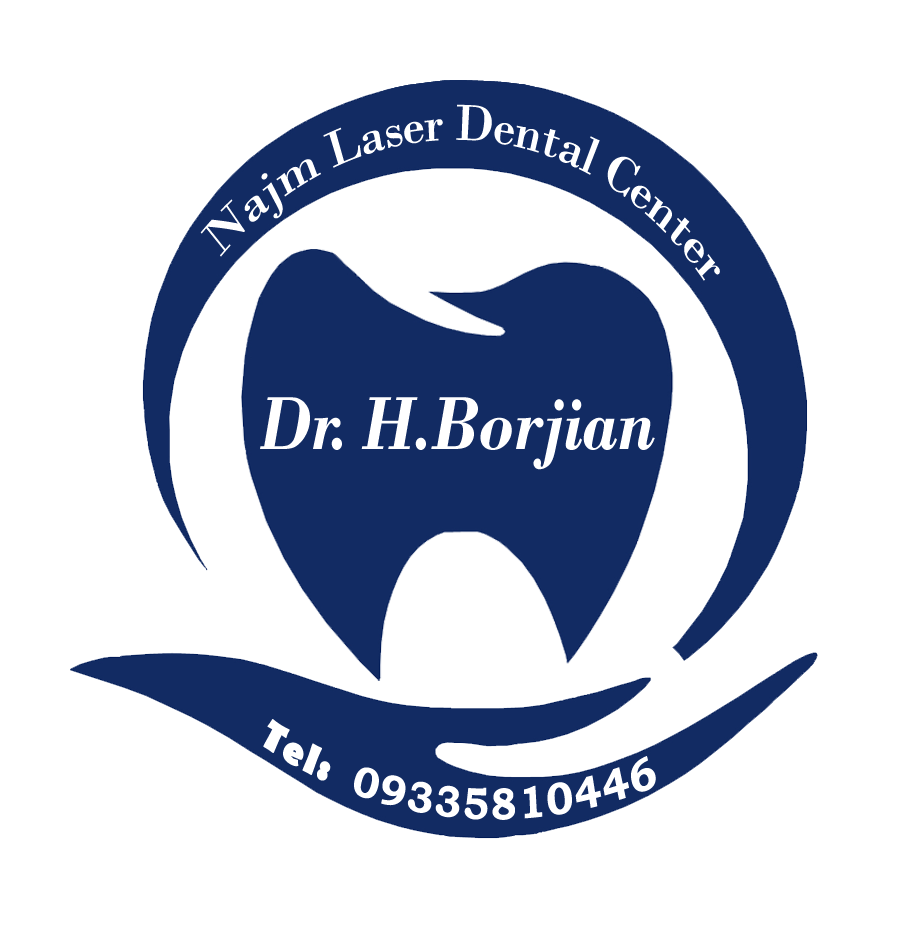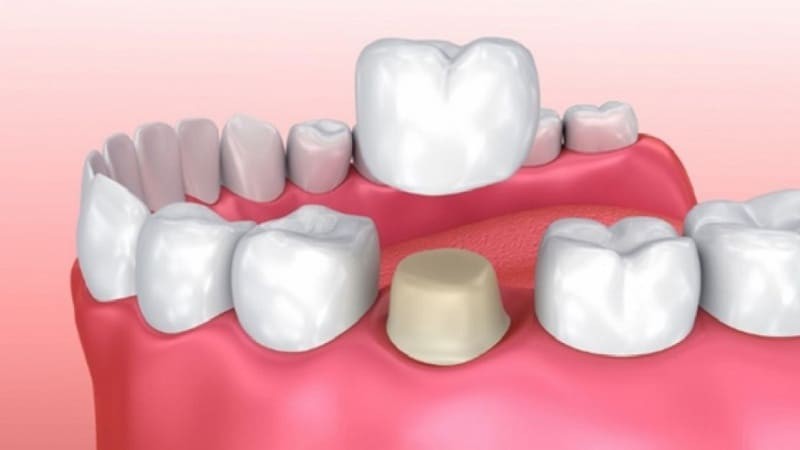Investigation of complications after dental crown installation
In today's article on Dr. Hossein Borjian's website The best dentist in Isfahan which is compiled for you dear readers. We will study and investigate complications after dental crown installation. We know that dental crowns are definitely not without problems and dangers.
Lazen measures before installing dental crowns
- The patient must provide the surgeon with a complete medical history, including prescription and over-the-counter medications, vitamins and supplements, etc., for a complete analysis of the patient's dental condition..
- Patients should not approx 6 until the 8 Eat or drink an hour before surgery.
- Dentists generally place a temporary crown in the patient's mouth a few weeks before surgery and test its fit in the patient's mouth..
- Before the surgery, the doctor takes a mold of your tooth dental crown to be fixed exactly and in the best way in your mouth.
- Waiting for crowns can sometimes make the problem worse.
Each case is different. Not everyone will experience complications by waiting to receive a crown when needed. But for some patients, delaying crown placement can cause decay or make the fracture worse. This may result in the patient needing a root canal or even a complete tooth extraction.
Suggested content : What are the most common oral diseases in children?
Allergic reaction to metals:
You may have problems after the dental crown is placed by the dentist and allergic sensitivity to metals. An excessive allergic reaction may cause chapped lips, loosening of the crown, or even its fall. This problem will be solved by visiting a dentist.
Loosening of dental crowns:
Over time, the dental crown adhesive may be lost. As a result, the crown loosens and causes bacteria to pass freely and lead to tooth decay. When such a problem occurs, see your dentist immediately.
Falling dental crowns:
Sometimes, the crown may fall due to the failure of the adhesive used to place the dental crown or the decay of the teeth themselves.. In any case, you should contact your dentist as soon as possible for this problem so that he can guide you.
Sensitization:
Sensitivity is the most common side effect of receiving dental crowns. Because the teeth that received the crown may become sensitive right after the dentist has placed it in your mouth after the anesthetic wears off.. In this case, the dentist will prescribe a special anti-allergic toothpaste for your teeth.

Different types of dental crowns
Different types of this restorative method are used based on the type of tooth crown. Generally 5 There is a type of main tooth crown:
All resin
The price of resin crowns is lower than most other types of dental crowns. It is less durable than other forms of crowns and these types of crowns are more prone to veneer breakage.
All ceramic or all porcelain
This type of dental crown is ideal for placement in the front of the mouth because it has the most natural shape, but it is less strong than the all-metal type.. This type of crown wears down over a longer period of time. The advantages of ceramic crowns are that:
- It matches the color of the teeth
- It is suitable for people who are allergic to metal
- These crowns are the most suitable crowns for front teeth
Dr. Hossein Borjian's Instagram page
Porcelain fused with metal
The resistance of this dental crown ranks second after the metal crown. A small drawback is that when using this type of dental crown, the teeth in front of them are more than 2 The other type wears out. Porcelain dental crowns fused to metal are used on front and back teeth. These crowns look like regular teeth.
stainless steel
Stainless steel crowns are primarily a temporary treatment. They are made sooner. They are used to protect the damaged tooth until the permanent tooth is made. This type dental crown It is mainly used in children.
metal
Metal crowns are easy for your dentist to work with and last a long time. However, their only drawback is that their color does not match the color of the teeth. It consists of expensive metals such as gold, palladium, etc. or alloys of base metals such as nickel, chromium. These dental crowns minimize wear on adjacent teeth. They are the most durable and rarely crack or break.
tip :
- The scientific accuracy of the above published material should be confirmed by the patient's personal consultation with Dr. Borjian.
- This article is managed and published by the site admin.
Ways of communication with the specialized dental center of Najm



